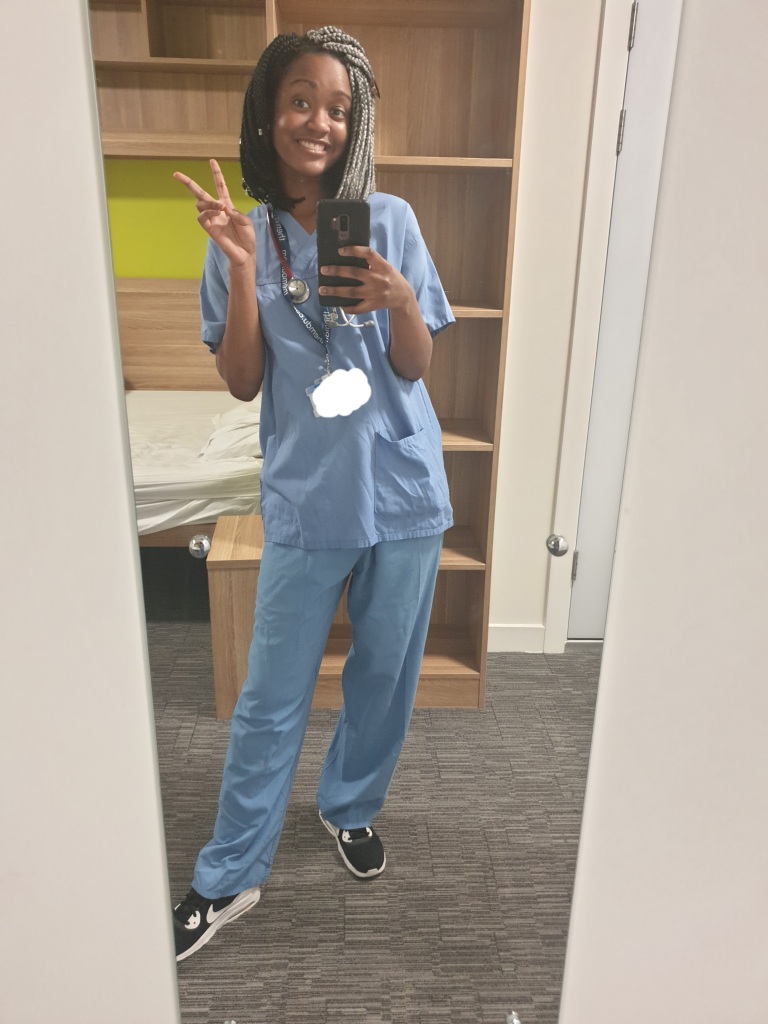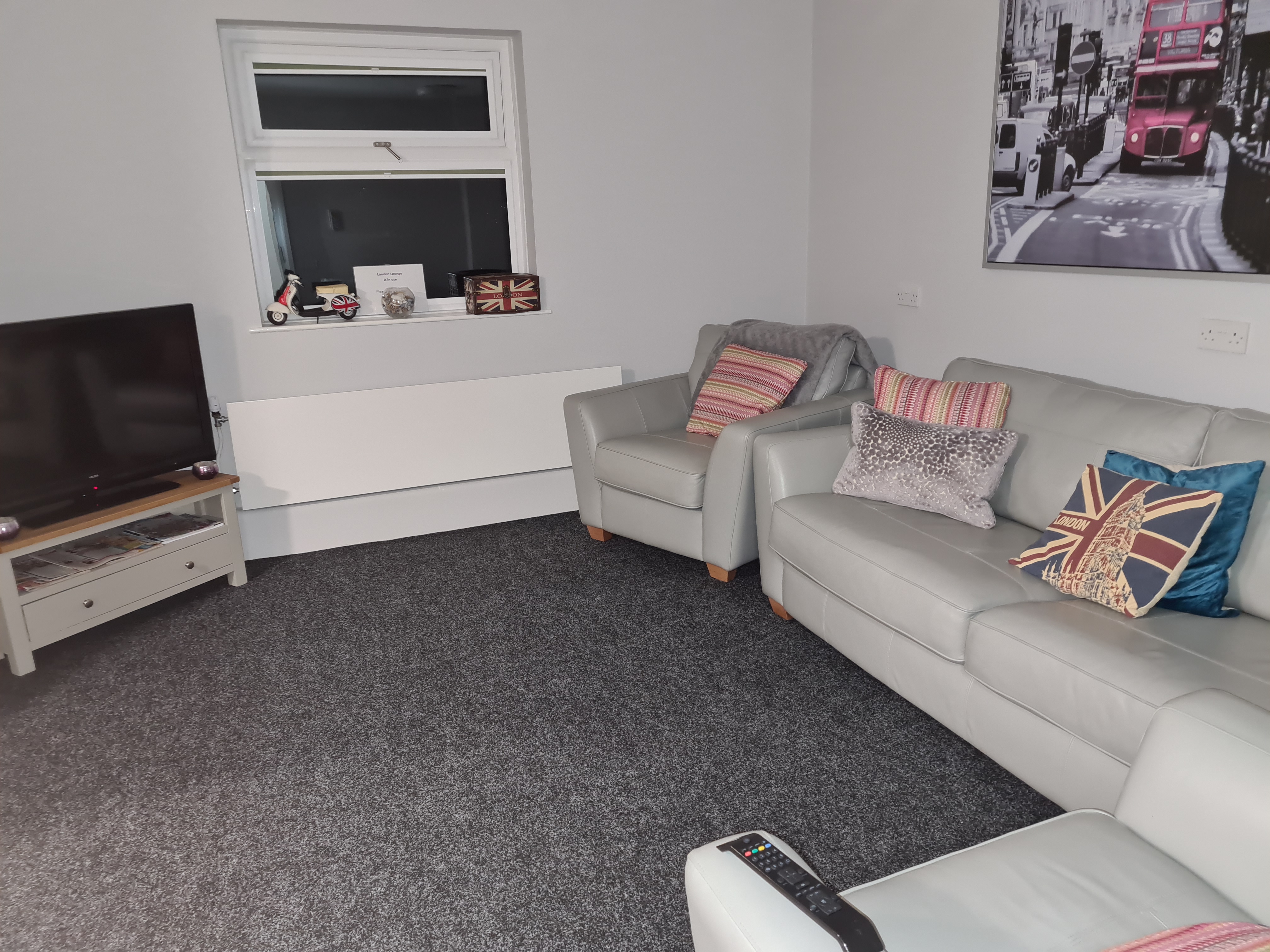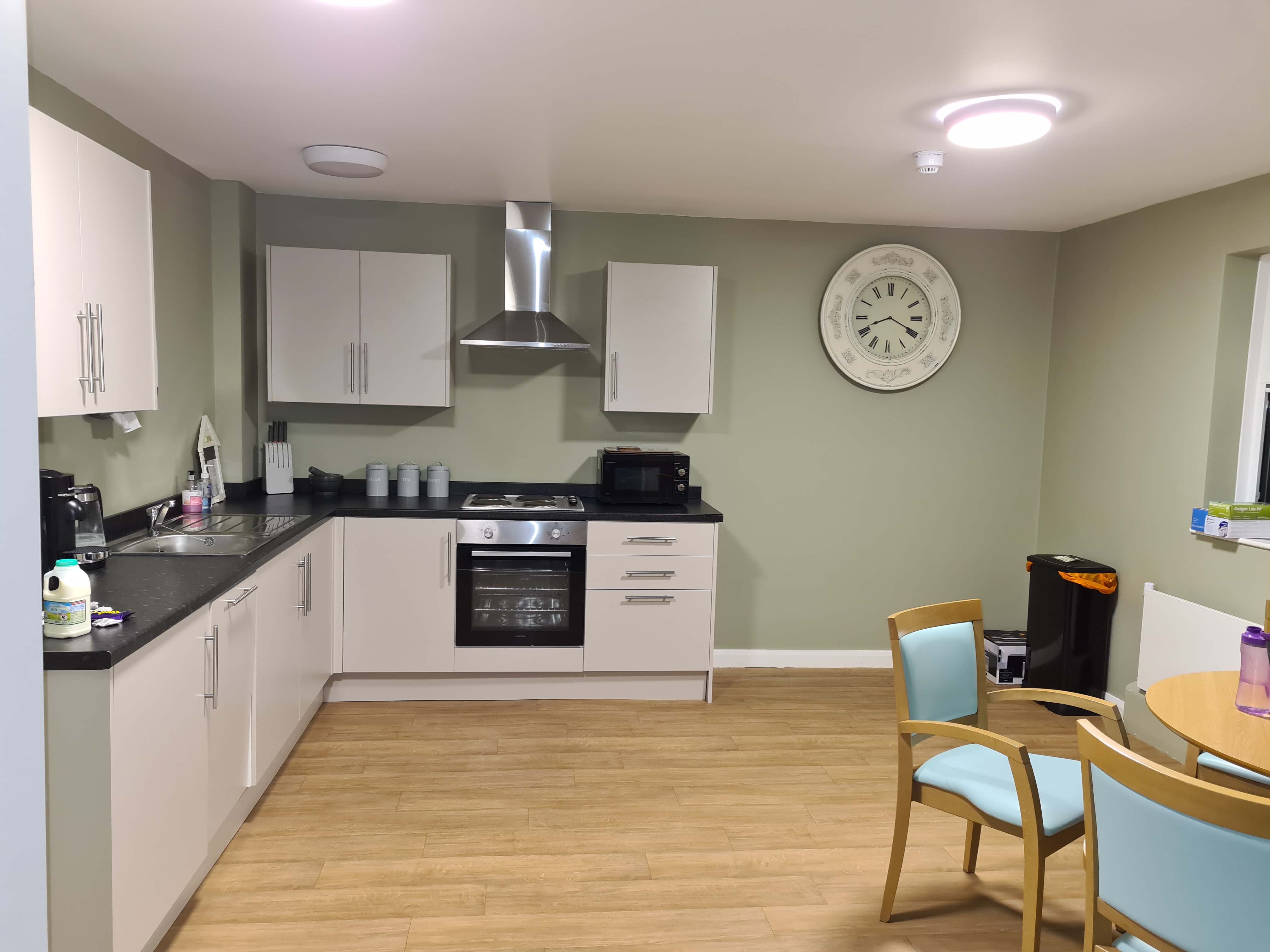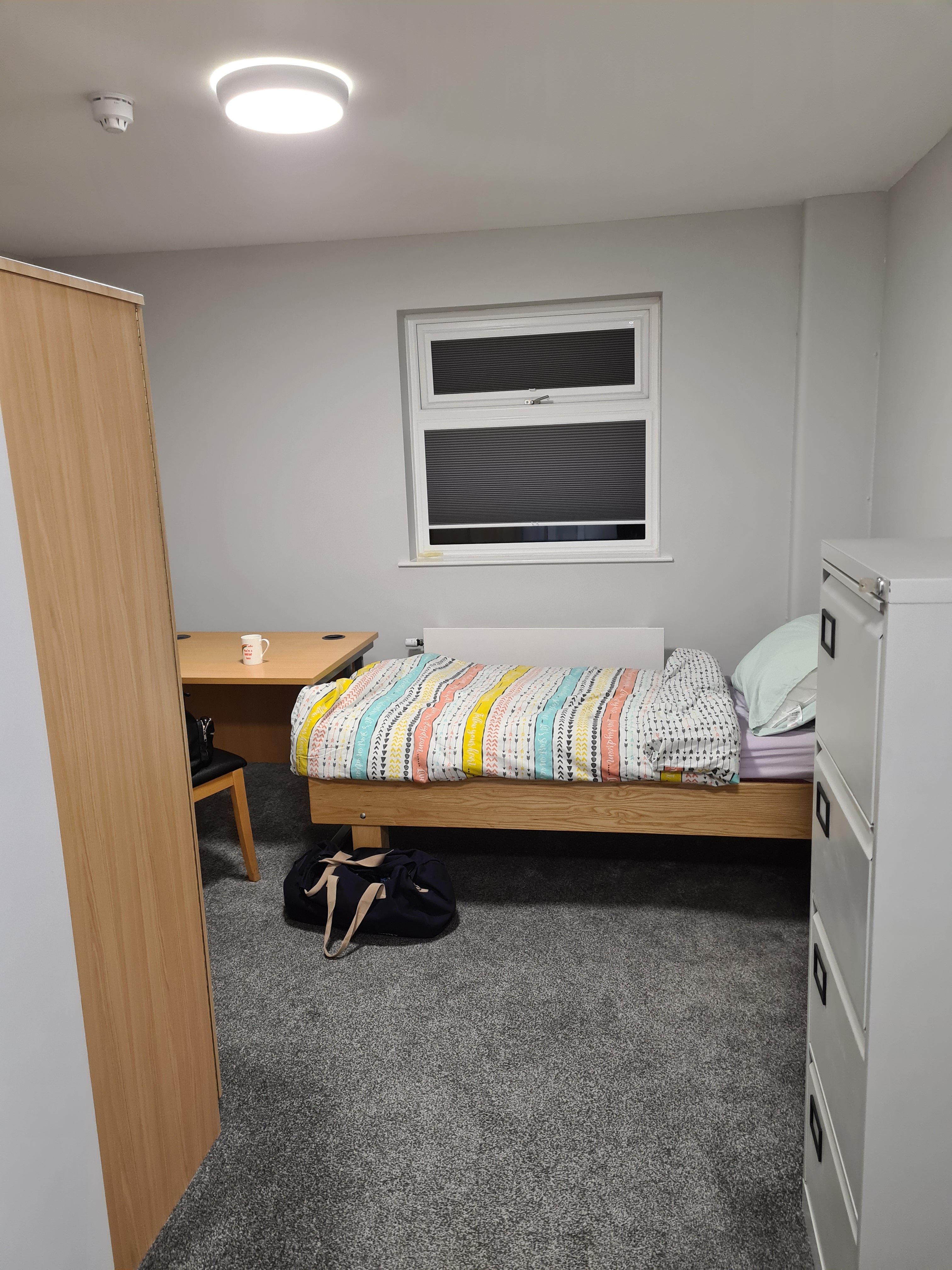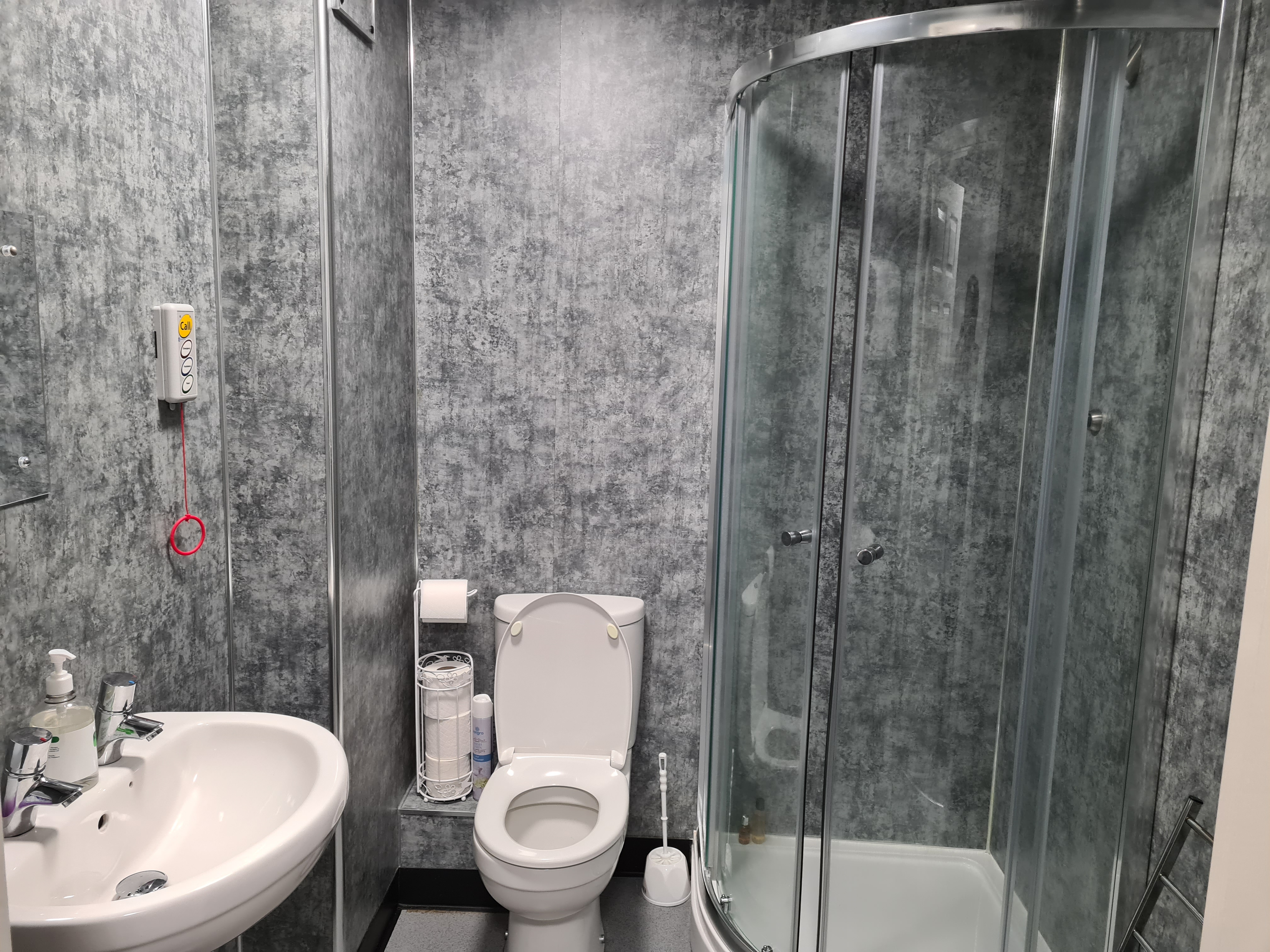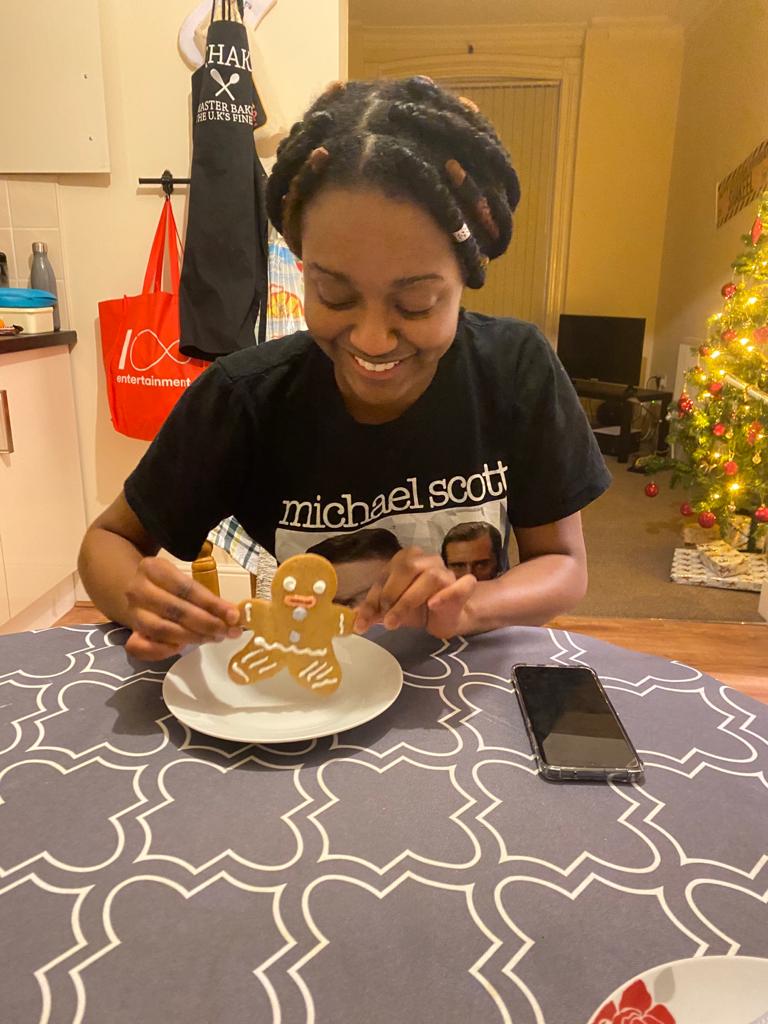What a whirlwind the last couple of weeks have been! I am officially in my last week as a FY2 doctor – tomorrow is my last post-take on call shift and then I will be DONE; we thank God!
Last Tuesday was my last shift on the ward, and I’ve spent the last couple of days visiting my dear aunty Funzie for a much needed retreat – it was so much fun and I’ve come back feeling refreshed and ready to change over jobs next week… but more on my post FY2 plans later.
In the month it’s been since I last updated this blog, I started and completed my on call night shifts, and my goodness, the hectic day shifts on the ward were definitely a breeze compared to how overwhelming the nights were. 1 doctor (me), covering 10 medical wards… it was A LOT.
I’m not going to go into detail about how they went because it took me a while to recover from how awful some of the shifts were, so here’s a haiku to sum up my nights:
Never ending bleeps,
Yay for helpful registrars,
Site team are the WORST.
Yupp. And in the words of Forrest Gump, “That’s all I have to say about that.”
Moving swiftly on, how was my last day on the Gastro ward? I started the day hoping for a calm, relaxed shift; I was only meant to be working till 3pm because of allocated self development time, so surely the ward would be fine till then, right?
Yeah… WRONG.
My last day on the Gastro ward involved a patient self discharging, then being brought back to the ward by the Police because they had tried to take their life. This same patient also snuck alcohol on the ward, which they downed with some Paracetamol and Anadin, ofcourse. They then required holding powers (a.k.a sectioning) by me because they became aggressive and tried to leave the ward; all this whilst continuously threatening to take their life. Yupp. And this was just one patient.
Also on the ward that day was a patient who had an upper GI bleed that required an urgent endoscopy, as well as other acutely unwell patients with ascites and liver cirrhosis. Basically, it was all kicking off and with the Registrar dealing with urgent referrals around the hospital, I had to manage most of this by myself, whilst also being shadowed by the new FY1 doctor, so I even had an audience watching me trying to juggle everything!
I guess I can laugh now at the irony of me having to section a patient whilst on a GASTRO rotation – I really thought I was done with Psych after the draining four months of it I had but NOPE, I had to bring back a lot of my knowledge of holding powers to be able to correctly section the patient. I was the only one on the ward who knew how to do it, so I guess that was God trying to tell me that though my experience of Psych was quite distressing at times, I really learnt a lot from it, because I was able to apply a lot of my patient management skills from there to the suicidal patient on the ward.
My last day wasn’t all doom and gloom though – I got to do my first ascitic tap! It’s funny because I’ve done quite a few ascitic drains now but never a tap, so glad I was able to do it before leaving Gastro.
Despite how busy it’s been, I’ve really enjoyed my time on Gastroenterology. I find it so so interesting and I’ve learnt so much over the last four months. I would really consider it as a speciality if I didn’t have to go through being a Medical Registrar as part of training for it. Yeah Med Reg life, especially in a district general hospital, is most definitely not for me… *shudders*
Here’s to more regular updates now that my foundation training is coming to an end and I have a new job… but more on that in my next post 😉
